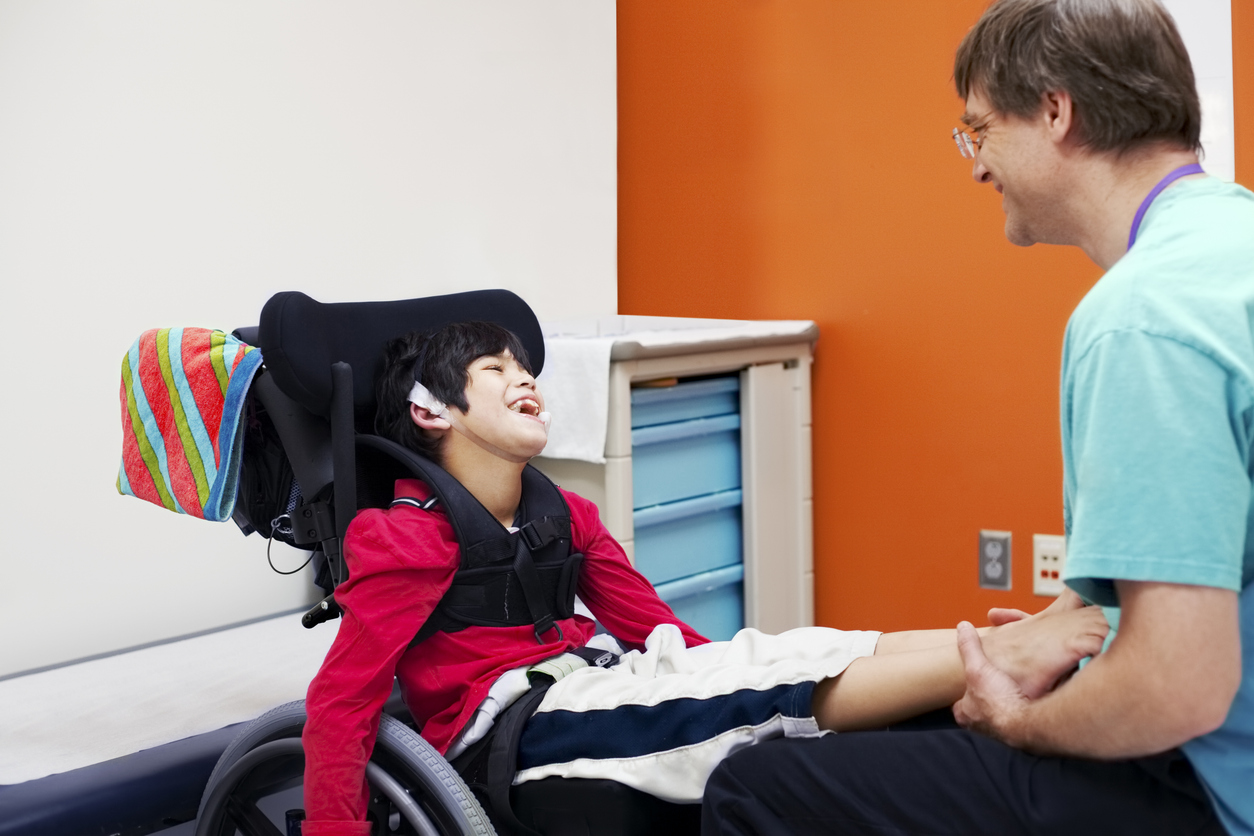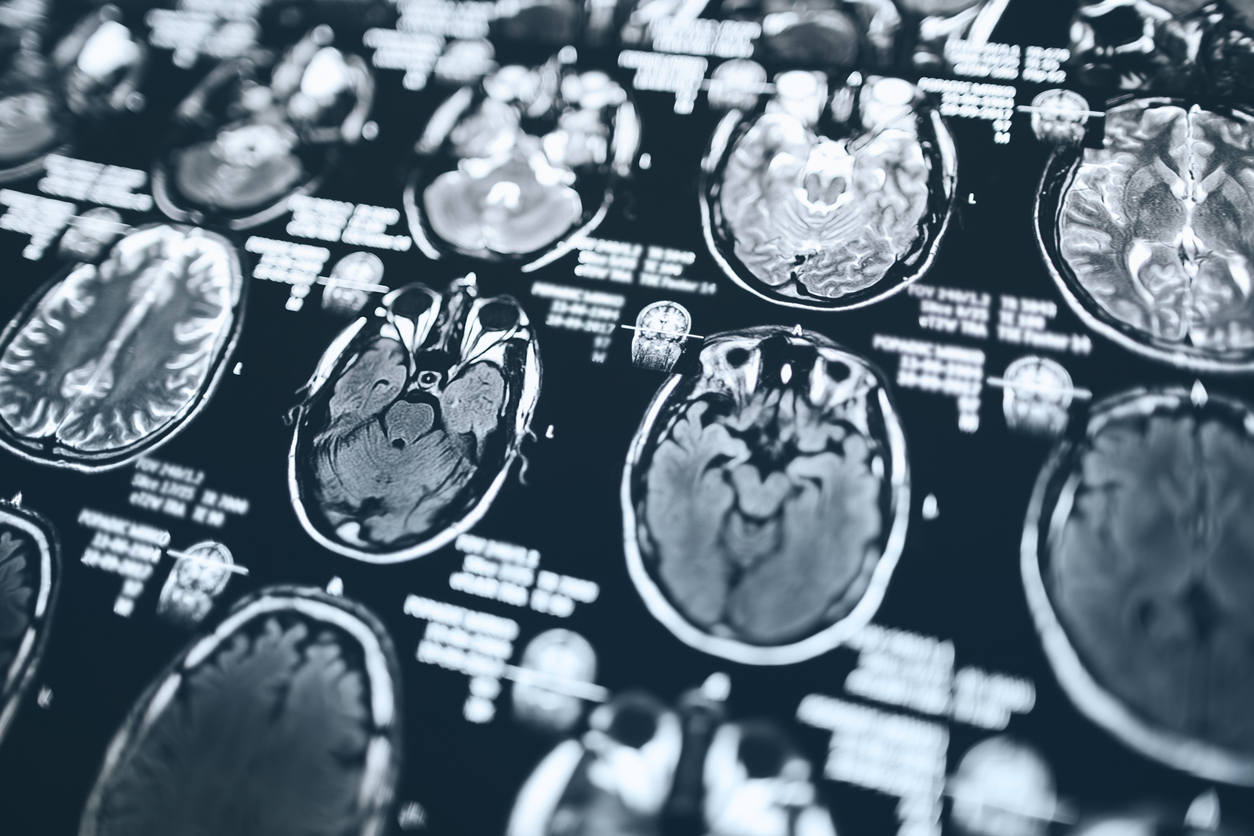Diagnosing cerebral palsy involves a comprehensive evaluation by medical professionals to assess a child’s motor skills, developmental milestones, and overall health. Early and accurate diagnosis is crucial for initiating effective treatment and support. At Children’s Cerebral Palsy, we follow a thorough diagnostic process to ensure each child receives the best care possible.
Initial Evaluation
The diagnosis of cerebral palsy typically begins with a detailed medical history and a physical examination. Our specialists will ask about the child’s birth history, any complications during pregnancy or delivery, and the child’s development in early infancy. The initial evaluation also includes observing the child’s motor skills, muscle tone, posture, and reflexes.
Developmental Monitoring
Children suspected of having cerebral palsy are closely monitored over time to assess their development. Regular check-ups allow our medical team to track the child’s progress in reaching milestones such as sitting, crawling, and walking. Delays or abnormalities in these areas can indicate cerebral palsy.
Neurological Examination
A neurological examination is conducted to evaluate the functioning of the child’s nervous system. This includes checking for abnormal muscle tone, movement disorders, and reflex responses. The neurological examination helps determine the type and extent of motor impairment.
Diagnostic Imaging
To identify potential brain abnormalities associated with cerebral palsy, our specialists may recommend diagnostic imaging tests, such as:
- MRI (Magnetic Resonance Imaging): Provides detailed images of the brain’s structure, helping to identify areas of damage or abnormal development.
- CT Scan (Computed Tomography): Offers a comprehensive view of the brain’s anatomy, useful for detecting structural abnormalities.
- Cranial Ultrasound: Often used for infants, this imaging technique uses sound waves to produce images of the brain.
Additional Tests
Depending on the findings from the initial evaluations and imaging studies, additional tests may be conducted to rule out other conditions and confirm the diagnosis of cerebral palsy. These may include:
- Electroencephalogram (EEG): Measures electrical activity in the brain, particularly if the child has a history of seizures.
- Genetic Testing: Helps identify any underlying genetic conditions that may contribute to the child’s symptoms.
- Metabolic Testing: Evaluates metabolic function to rule out metabolic disorders.
Multidisciplinary Assessment
Diagnosing cerebral palsy often requires a multidisciplinary approach. Our team of pediatric neurologists, developmental pediatricians, orthopedic specialists, and physical therapists collaborate to assess the child’s condition comprehensively. This ensures a well-rounded understanding of the child’s needs and the development of an effective treatment plan.
Early Intervention
Early diagnosis of cerebral palsy allows for the prompt initiation of therapies and interventions that can significantly improve a child’s quality of life. Our team works closely with families to provide education, support, and resources tailored to each child’s unique needs.
Schedule a Consultation
If you have concerns about your child’s development or suspect cerebral palsy, contact us today. Our expert team is here to provide a thorough evaluation and guide you through the diagnostic process, ensuring your child receives the best possible care and support.



